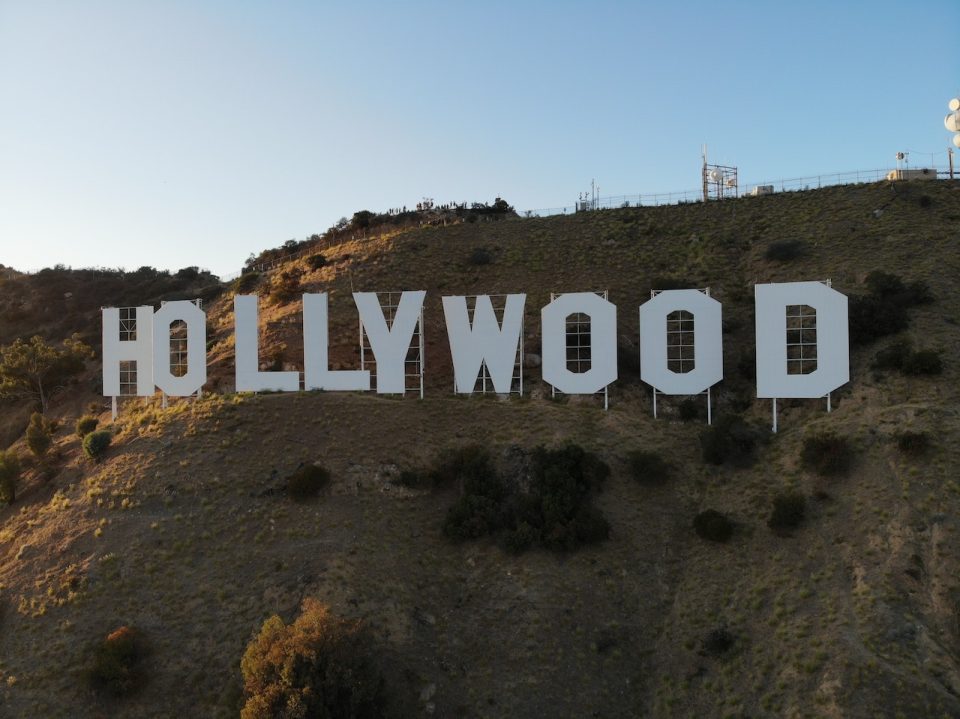In a momentous development for the entertainment industry, Hollywood studios collectively exhaled on Monday as they struck a tentative agreement with striking screenwriters, offering a glimmer of hope for a return to business as usual after a protracted five-month period of upheaval.
Premarket trading witnessed a surge in shares for major players, with Warner Bros Discovery, Paramount Global, Walt Disney, and Netflix experiencing gains ranging from 0.5 to 2.3 percent. The Writers Guild of America, alongside representatives of the studios and streaming platforms, revealed the preliminary accord on Sunday. While specific terms remain undisclosed, the agreement awaits the approval of WGA leadership and union members for formal resolution.
Yet, the echoes of discontent persist as the Screen Actors Guild-American Federation of Television and Radio Artists continues its own strike, slowing the full-scale revival of productions. The union, advocating for augmented wages and safeguards against Artificial Intelligence (AI) encroachment, encompasses approximately 160,000 actors and media professionals who initiated the strike in July.
Analysts postulate that the accord with the writers might signal a potential breakthrough in negotiations with the actors. Susannah Streeter, Head of Money and Markets at Hargreaves Lansdown, noted, “Hopes are high that it (the tentative deal with writers) will also mean the studios and streaming services will now focus fully on actors’ demands.”
Investors, who had initially reaped the benefits of heightened cash flow amid reduced expenditures during the strike, grew increasingly apprehensive about the long-term financial repercussions. Warner Bros Discovery CEO David Zaslav had earlier cautioned of a potential plummet in earnings by up to $500 million due to a litany of delays.
Reports suggest the agreement of Hollywood studios with screenwriters encompasses amplified royalties, prescribed staffing for television writing rooms, and safeguards against AI utilization. Craig Huber, an analyst at Huber Research Partners, estimated that the new arrangement “will add modestly to” studios’ expenses, emphasizing that historically, payments to writers for TV shows and movies have accounted for less than 5% of revenue.
In sum, the resolution of the screenwriters’ strike infuses a much-needed sense of optimism for progress and advancement, potentially paving the way for a resolution to the actors’ strike. The ultimate verdict on whether their demands will be met will shape the trajectory of the film and TV industry in the forthcoming months.
Source: Reuters

